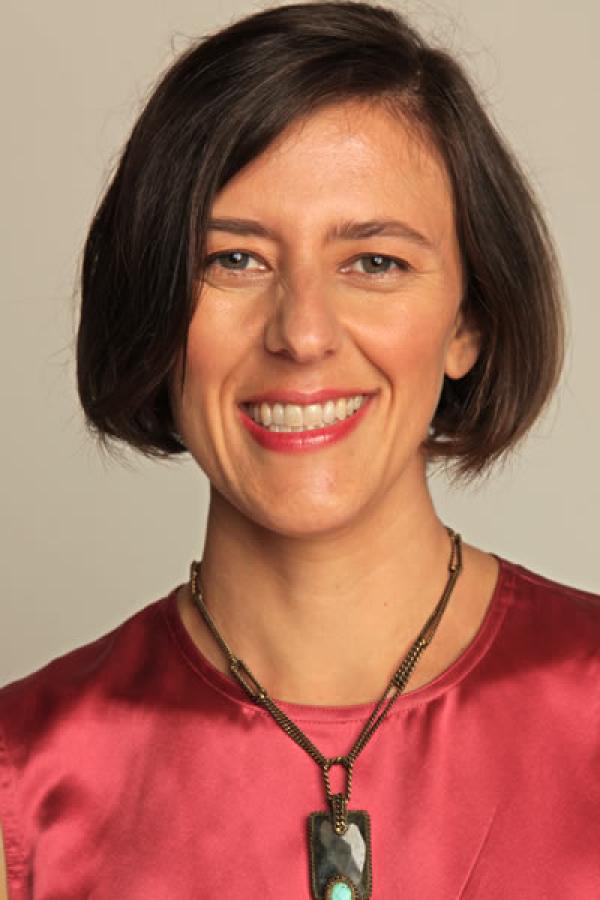Hilary Kaplan

Photo courtesy of Hilary Kaplan
Bio
Hilary Kaplan is the translator of Marília Garcia's The Territory Is Not the Map and Angélica Freitas’s Rilke Shake, which won the National Translation Award and Best Translated Book Award and was a finalist for the PEN Award for Poetry in Translation, all in 2016. She has contributed to Granta, Modern Poetry in Translation, BBC Radio 4, and other venues. Kaplan’s additional translations include Paloma Vidal's short story collection, Ghosts, and poems by Ricardo Domeneck and Claudia Roquette-Pinto. She received a PEN Translation Fund award for Rilke Shake, a Rumos Literatura fellowship from Itaú Cultural, and a Banff Centre for Arts residency (cancelled due to Covid-19). Kaplan holds an MA in comparative literature and an MFA in creative writing: poetry. She speaks regularly on translation and teaches at the Bishop’s School in La Jolla and in the Language and Thinking Program at Bard College.
Project Description
To support the translation from the Brazilian Portuguese of the poetry collection Slow Motion by Marília Garcia. Garcia's (b. 1979) fifth book of poetry, Slow Motion, won the prestigious Oceanos Prize, a leading award for global Portuguese-language literature, making her not only the first Brazilian woman, but also the second woman ever, to win the award. A central question in the book is how displacement and dislocation—achieved, for example, through travel, walking, or the action of words in poetry—can create different ways of seeing and thinking. Filled with everyday life and philosophical musings, these poems narrate and enact the speaker traversing through physical space and her subsequent transformation of viewpoints and ways of thinking. This collection has not yet been translated into English.
I am thrilled to receive this award, which will help me complete a new book that I am excited to bring into the world. I am grateful our country has the NEA to support artists of all types, including translators. The NEA Translation Fellowship not only brings new and significant works of literature to the public, it also creates community for translators to feel connected to and supported by others in the same field as we go about our often quiet, concentrated task. This award allows me to expand my practice of making the work of contemporary Brazilian poets available in English. With this grant, I will translate a full-length collection of current interest by a leading poet. To have the time and space to work assiduously to translate a book called Slow Motion is a gift and an honor.

